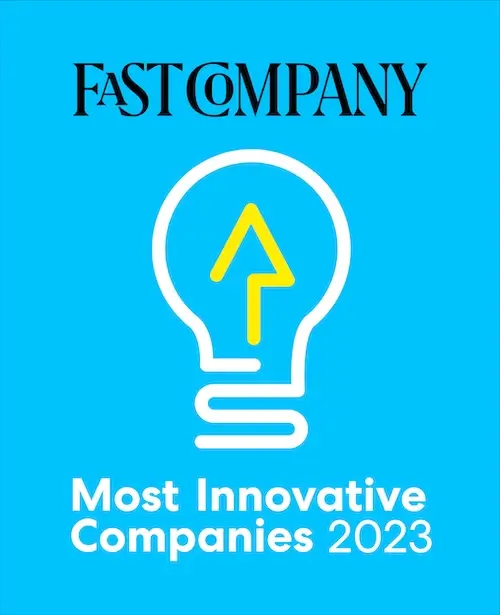With the average company dealing with 20,000 to 40,000 contracts on any given day, proper contract management has never been more crucial for legal departments. Contracts, after all, are the lifeblood of any successful business.
Yet, legal professionals have been rather slow to adapt to any new technology that can support them, continuing to work manually instead. And one of the most tedious tasks that lawyers continue to do by themselves is contract review. However, general counsels (GCs) and legal teams stand to benefit greatly from reliable contract management software – in the form of a contract lifecycle management (CLM) solution. It not only facilitates their day-to-day legal work but improves organizational efficiency and effectiveness as a whole.
Here are the specific ways in which a CLM can benefit your legal team right from the start:
- Contract Management Software for Risk Management
- Less Stress For Legal Teams
- Collaboration With Other Employees
- Elimination of Manual Review
- Competitive Advantage
1. CONTRACT MANAGEMENT SOFTWARE FOR RISK MANAGEMENT
When it comes to risk management within companies, avoiding missing renewal or termination dates should be a top priority for legal departments.
There is one catch, however. It is all too easy to skip over certain clauses and keywords using only the human eye. Fortunately, though, contract management software eliminates this risk altogether. It quickly points out clauses, dates – or anything else specific – for legal professionals.
Using contract management software is a great solution to reducing risk within your company. By using such a powerful tool, legal teams can see all of the contracts set to expire, contracts that need to be renegotiated, and contracts that have clauses that need to be reviewed. This not only makes legal teams’ lives easier but reduces financial risks associated with not knowing the terms and conditions with other parties, as well as renewal dates.
2. LESS STRESS FOR LEGAL TEAMS
Trying to find clauses and keywords in contracts can be time-consuming. Meanwhile, other important legal tasks are placed on the back burner – if they are even tackled at all. Although manual contract review is already a hassle, not being able to find paper contracts and loose documents in storage or filing cabinets are even more so. As such, a proven contract management solution is absolutely essential for any legal department.
Legal teams that adopt technology will have a competitive advantage over those who do not.
3. COLLABORATION WITH OTHER EMPLOYEES
At times, working with several employees within an office can be challenging. But this collaboration can be more difficult when colleagues are located in different countries and time zones. Take the tracking of several contract versions, with various edits and reviews, for example.
However, contract management software – complete with collaboration tools – allows team members to work on the same contract version. They can better keep track of changes to the contracts and related documents. And they no longer have to send and receive multiple emails to their colleagues!
4. ELIMINATION OF MANUAL REVIEW
A fair share of legal departments continues to review contracts manually, as stated above. But searching and reporting on contracts in this way not only takes up time, but it is also prone to human errors – both big and small. Manual contract review is rather tedious and repetitive work. So, looking for clauses or keywords can prove challenging, particularly in the case of longer contracts and related documents.
A good CLM or legal contract management software however, can do all of this work for legal teams. It gives them the option to OCR (optimal character recognition) search for any keywords or clauses. And this saves them from having to go through paragraphs to find renewal dates, key terms, or specific clauses, themselves. By making the contracting process efficient and effective like this, CLMs simply allow lawyers to focus on more strategic tasks.
5. COMPETITIVE ADVANTAGE
Generally speaking, the legal industry has been slow to adapt to new technologies. It is accustomed to a more linear way of working, which is quite hands-on and manual. Although this process may be well and good right now, legal technology is quickly evolving. It is expanding into many industries, as it becomes even more advanced.
As such, legal professionals must ask themselves whether or not their current way of working is still practical. For instance, keeping paper contracts back at the office – or with employees spread out geographically – really does not serve anyone anymore.
Consider, instead, keeping all of your contracts in a single cloud-based repository. It eliminates the stress of looking for missing or lost contracts, as well as working remotely. That’s because a repository is completely accessible to employees anywhere in the world – and at any time. Legal teams that adopt and implement such technology can begin their legal digital transformation – and have a competitive advantage over those that do not.
GET AHEAD TODAY
Let’s face it, contract management software will become more and more essential moving forward. An AI-powered CLM is especially crucial during times of crisis when working from home (WFH) is more of a rule than an exception.
If your legal team is still hesitant about adopting and implementing a CLM, check out ContractPodAi’s Contract Management Primer. It further explains the advantages associated with this contract management solution. Request a copy of this all-too-important resource from us today.










